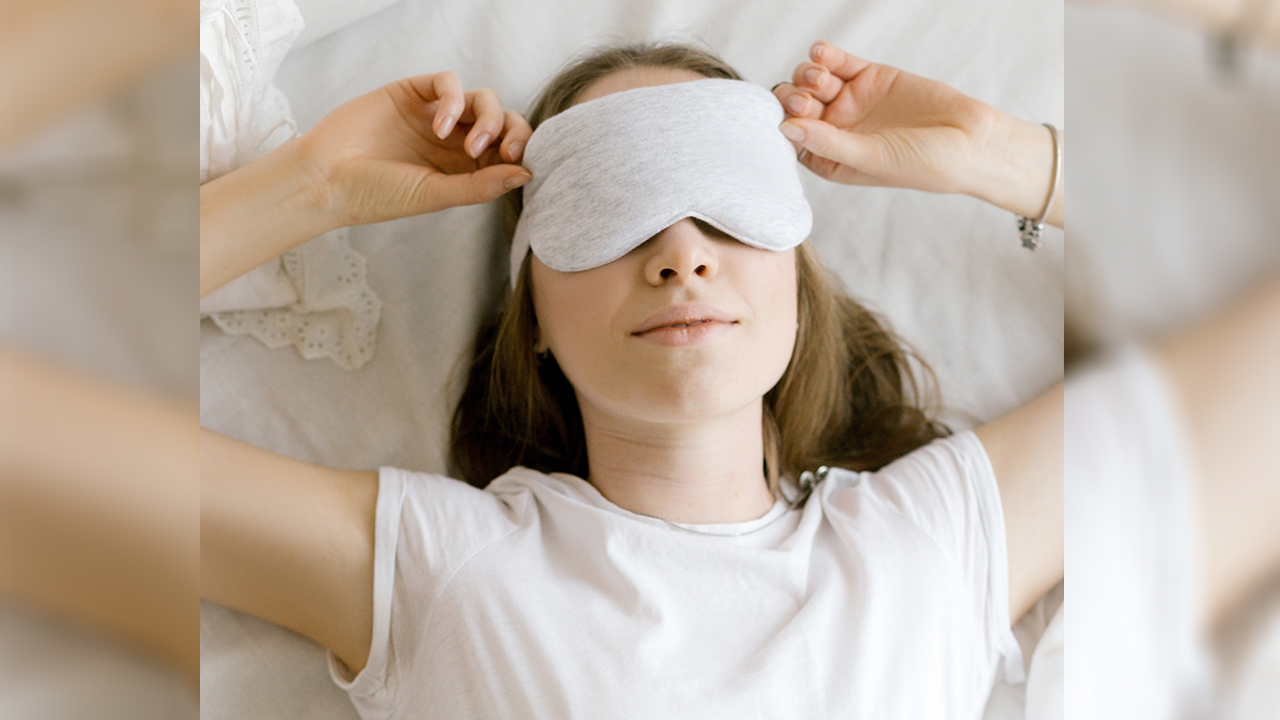Health UK (Commonwealth Union) – A recent genetic study led by researchers at the University College London (UCL) suggests that consistently sleeping less than five hours a night may elevate the risk of experiencing depressive symptoms. This study indicates that the historical perspective more complex and that poor sleep is merely a consequence of mental health issues and reveals a more intricate relationship between sleep patterns and mental well-being.
Published in the journal Translational Psychiatry, the study examined data from individuals with an average age of 65, establishing a connection between short sleep duration and the onset of depressive symptoms.
Lead author Odessa S. Hamilton, affiliated with UCL’s Institute of Epidemiology & Health Care, commented on this intriguing interplay, indicated that, they have this ‘chicken or egg’ scenario between suboptimal sleep duration and depression; they regularly co-occur, however which comes initially is largely unresolved. Using genetic susceptibility to disease, they determined that sleep likely precedes depressive symptoms, instead of the inverse.
The researchers conducted the study using genetic and health data from 7,146 individuals enlisted in the English Longitudinal Study of Ageing (ELSA), a nationally representative population study in England. They discovered that individuals with a stronger genetic inclination for short sleep (less than five hours per night) were more prone to developing depressive symptoms over a span of 4-12 years. Interestingly, those with a greater genetic predisposition to depression did not exhibit an increased likelihood of experiencing short sleep.
Senior author Dr Olesya Ajnakina of the UCL Institute of Epidemiology & Health Care and the Institute of Psychiatry, Psychology & Neuroscience at King’s College London, says “Short and long sleep durations, along with depression, are major contributors to public health burden that are highly heritable. Polygenic scores, indices of an individual’s genetic propensity for a trait, are thought to be key in beginning to understand the nature of sleep duration and depressive symptoms.”
The research team evaluated the strength of genetic predisposition in ELSA participants by leveraging insights from prior genome-wide association studies that have pinpointed numerous genetic variants associated with an increased risk of both depression and extreme sleep durations.
In addition to their genetic assessments, the researchers conducted a series of separate analyses to ensure the reliability of their findings. They also explored non-genetic links between depressive symptoms and sleep duration.
Their investigation revealed a striking connection: individuals who slept five hours or less per night were 2.5 times more likely to experience depressive symptoms. Likewise, those already affected by depressive symptoms were one-third more likely to suffer from short sleep. Importantly, the researchers accounted for a wide range of potential influencing factors, including education, financial status, smoking habits, physical activity, and long-lasting illnesses.
Furthermore, the study uncovered a correlation between extended sleep and the emergence of depressive symptoms. Participants who consistently slept over nine hours per night were 1.5 times more likely to develop depressive symptoms than those who maintained an average sleep duration of seven hours. However, it’s worth noting that depressive symptoms were not linked to longer sleep durations four to twelve years later, aligning with the genetic insights obtained from the study.
Professor Andrew Steptoe the Head of Behavioural Science and Health, UCL Institute of Epidemiology & Health Care says “Suboptimal sleep and depression increase with age, and with the worldwide phenomenon of population ageing there is a growing need to better understand the mechanism connecting depression and a lack of sleep. This study lays important groundwork for future investigations on the intersection of genetics, sleep, and depressive symptoms.”
In general, the study’s participants averaged about seven hours of sleep per night. Initially, slightly over 10% of the participants slept for less than five hours per night, and this percentage increased to over 15% by the study’s conclusion. Consequently, the proportion of participants categorized as experiencing depressive symptoms saw an uptick of approximately 3 percentage points, rising from 8.75% to 11.47% during the study period.








